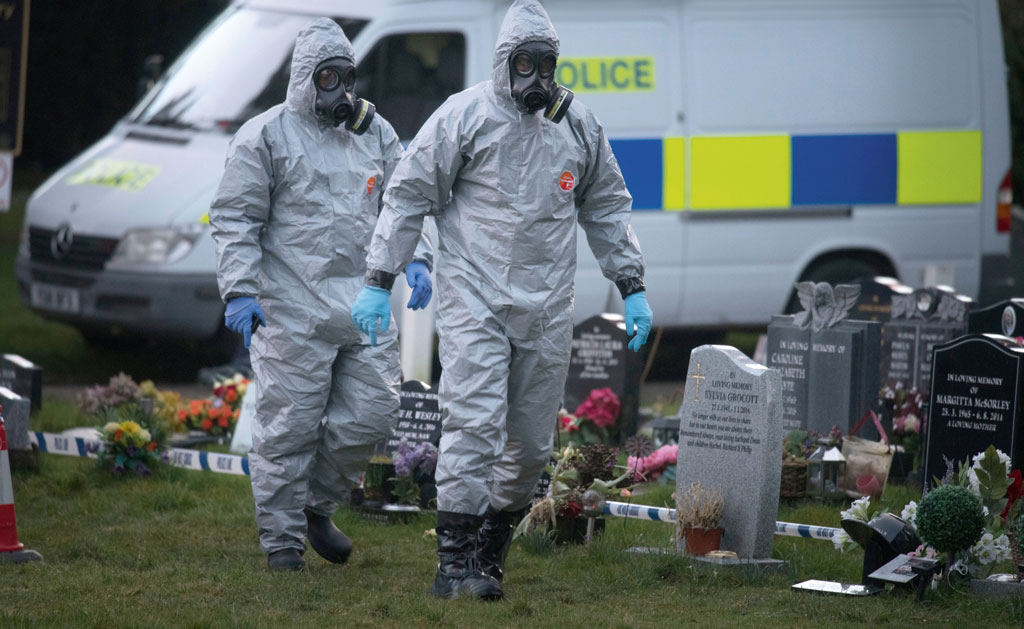
Marc Weller assesses whether the recent events in Salisbury constitute a violation of international law
- The attempted assassination of a former Russian spy in Salisbury has prompted grave questions as to the UK’s right to self-defence
- Does the poisoning constitute an armed attack or an unlawful use of force under the NATO Treaty?
The UK has dramatically raised the stakes in the diplomatic row sparked by the use of nerve agents on against former Russian spy Sergei Skripal and his daughter. On Monday of last week, Prime Minister Theresa May told Parliament that the UK would consider the action an ‘unlawful use of force,’ unless adequately explained by Russia within 24 hours. News reports in The Times cited an unattributed legal opinion claiming a right of self-defence for the UK (The Times, 13 March 2018, p1). The former UK National Security Adviser, Lord Ricketts, reportedly suggested getting NATO involved.
The NATO Secretary General, Jens Stoltenberg, joined in the international chorus of condemnation of Russia’s apparent involvement in the operation. However, while voicing ‘great concern’, there was a dampening of expectation









